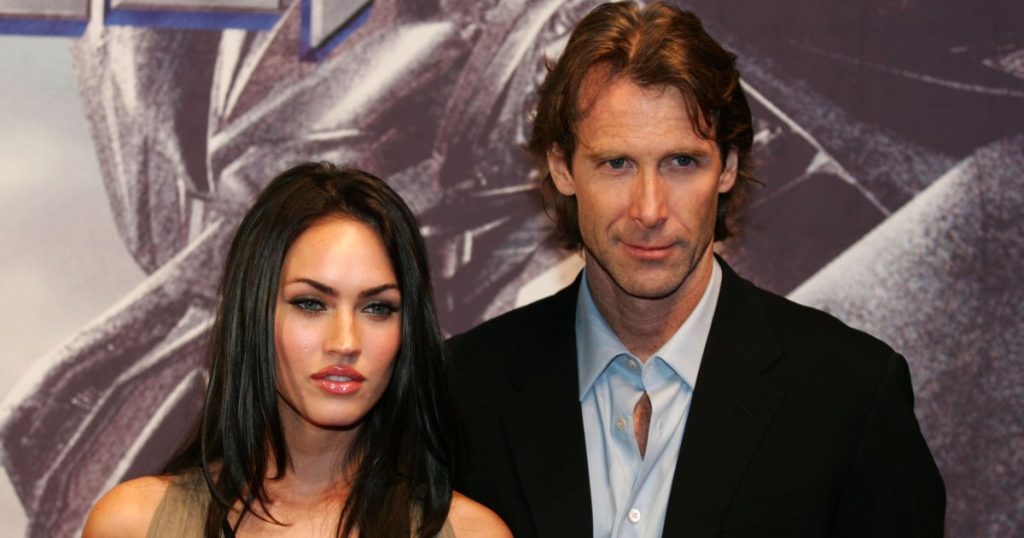The collaborative nature of filmmaking can sometimes lead to friction between directors and actors, resulting in highly publicized feuds that overshadow the movies themselves. These disputes can stem from creative differences, personality clashes, or allegations of misconduct, often leaving a lasting impact on the careers of those involved. One such example involves Justin Baldoni and Blake Lively, whose working relationship on the film It Ends With Us deteriorated into a legal battle. Lively accused Baldoni of sexual harassment and orchestrating a smear campaign, allegations that Baldoni’s legal team vehemently denied. The ensuing lawsuit cast a long shadow over the film’s release, shifting public attention away from the story and onto the contentious relationship between the director and star.
Another high-profile feud unfolded between Olivia Wilde and Florence Pugh during the production and promotion of Don’t Worry Darling. While neither party explicitly confirmed the nature of their conflict, Pugh’s limited participation in the film’s promotional activities, including avoiding joint appearances with Wilde, fueled speculation about a rift. Rumors circulated that Pugh’s dissatisfaction stemmed from Wilde’s on-set relationship with co-star Harry Styles. The resulting media frenzy surrounding the alleged feud overshadowed the film itself, with much of the public discourse focusing on the behind-the-scenes drama rather than the movie’s content.
A more explosive and long-standing feud played out between Megan Fox and Michael Bay during the Transformers franchise. Fox’s public comparison of Bay to Hitler led to her dismissal from the series. While Bay downplayed the incident, attributing Fox’s comments to her personality, the fallout was significant, impacting Fox’s career trajectory and solidifying a narrative of on-set tension. This public clash highlights the potential consequences of outspoken criticism, particularly when power dynamics are at play.
The creative process can also be a source of conflict, as exemplified by the strained relationship between Jake Gyllenhaal and David Fincher during the filming of Zodiac. Gyllenhaal described Fincher’s demanding directing style as challenging, while Fincher criticized Gyllenhaal’s perceived lack of focus. This difference in working styles and expectations created friction, highlighting the potential for clashes between actors and directors with contrasting approaches to filmmaking. Despite the film’s critical acclaim, the reported tension between the two remains a prominent aspect of its production history.
Katherine Heigl’s public criticism of Judd Apatow’s Knocked Up, a film in which she starred, sparked another notable feud. Heigl’s comments about the film’s portrayal of women as "shrews" drew a sharp response from Apatow, who expressed disappointment over her lack of apology. This public disagreement illustrates how post-release commentary can sour relationships and create lasting animosity between collaborators. Heigl’s remarks led to a public perception of her as difficult to work with, impacting her subsequent career opportunities.
These examples demonstrate how interpersonal conflicts in the film industry can escalate into public feuds, impacting the careers of those involved and overshadowing the films themselves. From accusations of misconduct to creative disagreements and public criticisms, these disputes reveal the complex dynamics at play behind the scenes of movie production. The highly publicized nature of these feuds often leads to polarized public opinion, with fans and media taking sides and further amplifying the controversy. The long-term consequences can range from damaged reputations and strained professional relationships to legal battles and lost career opportunities, underscoring the importance of navigating interpersonal relationships with care in the high-stakes world of filmmaking.

